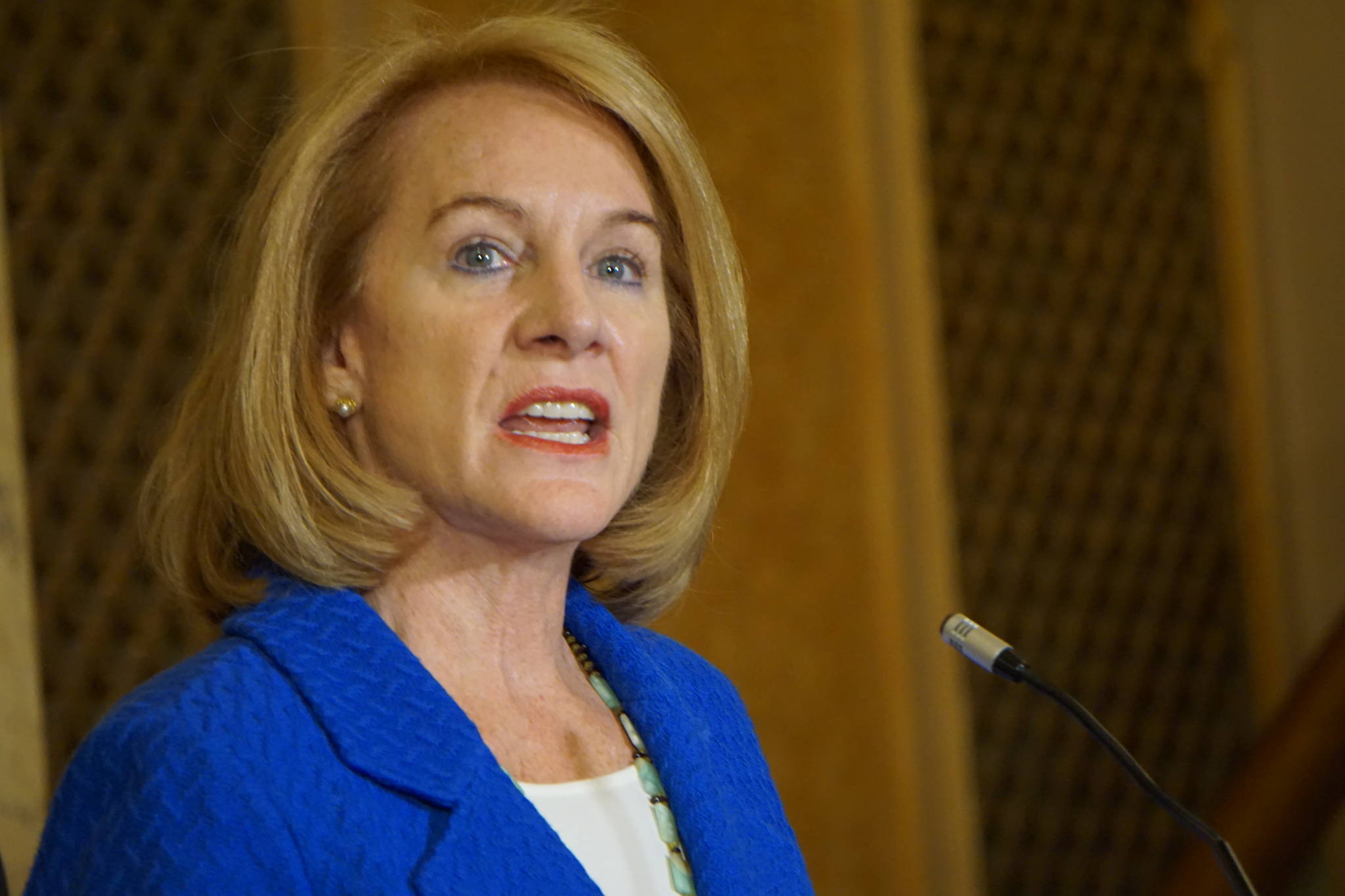On Monday, Mayoral candidate Jenny Durkan proposed free two-year college for all graduates of Seattle Public Schools, billing it as a way to help young people stay in Seattle and get an education.
“Affordability is the pressing issue in Seattle today,” said Durkan during a press conference. “We have too many young people not entering college because they are not mentored or can’t get access, or because they can’t afford it.”
The “Seattle Promise,” as she calls it, would pay for the first two years of college at any of Seattle’s community colleges (which were rebranded several years ago as “Seattle Colleges”). That’s 15 credits for six quarters, for a maximum total of 90 credits. The Promise would cover any graduate of a Seattle Public Schools high school, including undocumented immigrants. Beyond paying tuition, the Promise would also fund staff advisers to help high school graduates prepare for and transition into their first year of college, Durkan said.
The program is based on the 13th Year Promise program at South Seattle College, which began in 2008. That program pays for the first year of tuition for students from participating high schools, and also emphasizes mentorship and college preperation. Since then, according to the college’s website, about 500 SPS graduates have enrolled through the program. About half of the students said they would not have attended college without it. About a quarter of participating students are black/African American; only 17 percent are white. About two-thirds of seniors at participating high schools apply for the program.
“For many in America, two of the most important investments are a college degree and a home. Today, for most families and young people in Seattle, these investments in the future—college and a home—are completely out of reach, particularly in communities of color,” said Durkan in a press release. “Under Seattle Promise, our kids will know they have a debt-free route to enter the workforce career-ready or pursue further studies at four-year colleges and universities.”
The program would cost between $4 million and $7 million per year. Asked where that money would come frome, Durkan said that she can find the money in Seattle’s existing budget without raising any taxes. Durkan did not specify where in the budget those cuts would occur, though she said that the soda tax and the Family and Education Levy are two examples of possible funding sources.
“It’s clear looking at the budget today that we do not need to come up with new revenue sources to fund it,” said Durkan.
cjaywork@seattleweekly.com








